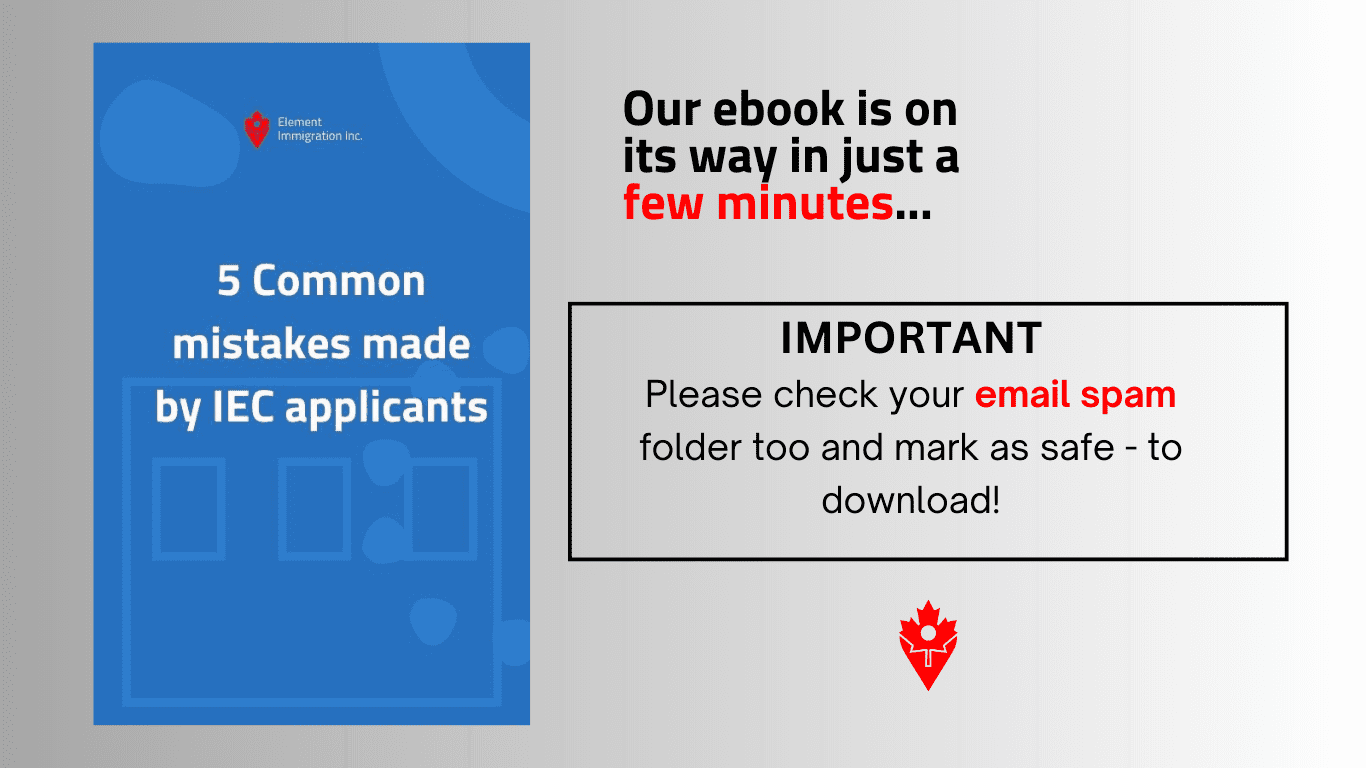
Canada’s points-based immigration system is a cornerstone for skilled professionals aspiring to build a life in Canada. Central to this system is the Comprehensive Ranking System (CRS), which evaluates and ranks candidates in the Express Entry pool. Grasping how the CRS works and identifying the factors that significantly impact your score are crucial steps toward achieving permanent residency.
What is the Comprehensive Ranking System (CRS)?
The CRS is a dynamic scoring framework used by the Canadian government to assess and rank candidates in the Express Entry pool. It considers factors like age, education, language proficiency, work experience, and more. The CRS assigns a score out of a maximum of 1,200 points, and candidates with the highest scores receive Invitations to Apply (ITAs) for permanent residency during regular draws conducted by Immigration, Refugees and Citizenship Canada (IRCC).
Key Components of the CRS
The CRS score is divided into four main components:
A. Core/Human Capital Factors
B. Spouse or Common-Law Partner Factors
C. Skill Transferability Factors
D. Additional Points
A. Core/Human Capital Factors
These factors assess your potential to contribute economically to Canada. They include:
- Age: Optimal points are awarded to candidates aged between 20 and 29. Points decrease with increasing age, ceasing at age 45.
- Education: Higher educational qualifications yield more points. Degrees from recognized institutions, especially at the master’s or doctoral levels, are highly valued.
- Language Proficiency: Proficiency in English and/or French is critical. Higher Canadian Language Benchmark (CLB) levels translate to more points.
- Canadian Work Experience: Prior work experience in Canada can significantly boost your score.
B. Spouse or Common-Law Partner Factors
If your spouse or common-law partner is accompanying you, their credentials can add to your overall CRS score. Factors considered are:
- Education: Your partner’s educational background can contribute up to 10 points.
- Language Proficiency: Their abilities in English and/or French can add up to 20 points.
- Canadian Work Experience: Their work experience in Canada can provide an additional 10 points.
Core/human capital + B. Spouse or common-law partner factors = Maximum 500 points (with OR without a spouse or common-law partner)
C. Skill Transferability Factors
This section rewards a combination of skills and experience, reflecting how well you can integrate into the Canadian workforce. It considers:
- Education and Language Proficiency: A combination of post-secondary education and strong language skills can add up to 50 points.
- Foreign Work Experience and Language Proficiency: Overseas work experience paired with high language proficiency can also contribute up to 50 points.
- Canadian and Foreign Work Experience: A blend of work experience both in Canada and abroad can yield additional points.
- Certification in Trades: Holding a certificate of qualification in a trade occupation can enhance your score.
Maximum points for this section: 100.
D. Additional Points
These are bonus points that can significantly elevate your CRS score:
- Sibling in Canada: Having a brother or sister who is a Canadian citizen or permanent resident grants 15 points.
- French Language Skills: Strong French proficiency can add up to 50 points.
- Canadian Education: Completing post-secondary education in Canada can provide up to 30 points.
- Arranged Employment: A valid job offer can add between 50 to 200 points, depending on the position’s skill level.
- Provincial Nomination: Being nominated by a Canadian province through a Provincial Nominee Program (PNP) gives you an additional 600 points, effectively guaranteeing an ITA.
Maximum points for this section: 600.
Strategies to Improve Your CRS Score
Enhancing your CRS score increases your chances of receiving an ITA. Here are some strategies:
- Boost Language Proficiency: Improve your English and/or French language skills. Consider retaking language tests to achieve higher CLB levels. Read our post about English language impact
- Advance Your Education: Pursue higher educational qualifications or obtain an Educational Credential Assessment (ECA) for all your degrees.
- Gain Additional Work Experience: Accumulate more years of skilled work experience, especially Canadian work experience if possible.
- Secure a Job Offer: Obtain a valid job offer from a Canadian employer in a skilled occupation. Read our post about how to secure a job in Canada.
- Apply for Provincial Nomination: Research and apply to Provincial Nominee Programs that align with your skills and experience.
- Claim All Eligible Points: Ensure you claim points for all factors, such as having a sibling in Canada or previous study in Canada.
Conclusion
Understanding and strategically navigating the Comprehensive Ranking System is essential for success in Canada’s Express Entry program. By focusing on improving key areas of your profile, you can maximize your CRS score, enhancing your chances of receiving an Invitation to Apply for permanent residency.
FAQs
Q1: Is there a minimum CRS score required to enter the Express Entry pool?
A: Yes, to be eligible for the Express Entry pool, you must qualify under one of the federal economic immigration programs, each with its own requirements. While there’s no minimum CRS score to enter the pool, a higher score improves your chances of receiving an ITA.
Q2: How often are Express Entry draws conducted?
A: Express Entry draws typically occur every two weeks. However, the frequency and number of invitations can vary based on the immigration targets set by IRCC.
Q3: Can I improve my CRS score after entering the Express Entry pool?
A: Absolutely. You can update your Express Entry profile with new information, such as improved language test scores, additional work experience, or educational credentials, which may increase your CRS score.
Q4: Does age affect my CRS score significantly?
A: Yes, age is a significant factor. Candidates aged 20 to 29 receive the highest points. Points decrease as you get older, with no points awarded after age 45.
Q5: How does a provincial nomination impact my CRS score?
A: A provincial nomination adds 600 points to your CRS score, which effectively guarantees an Invitation to Apply in the next Express Entry draw.


Recent Comments